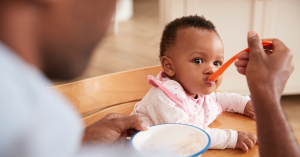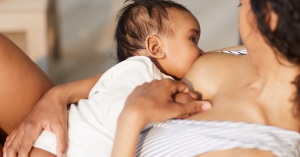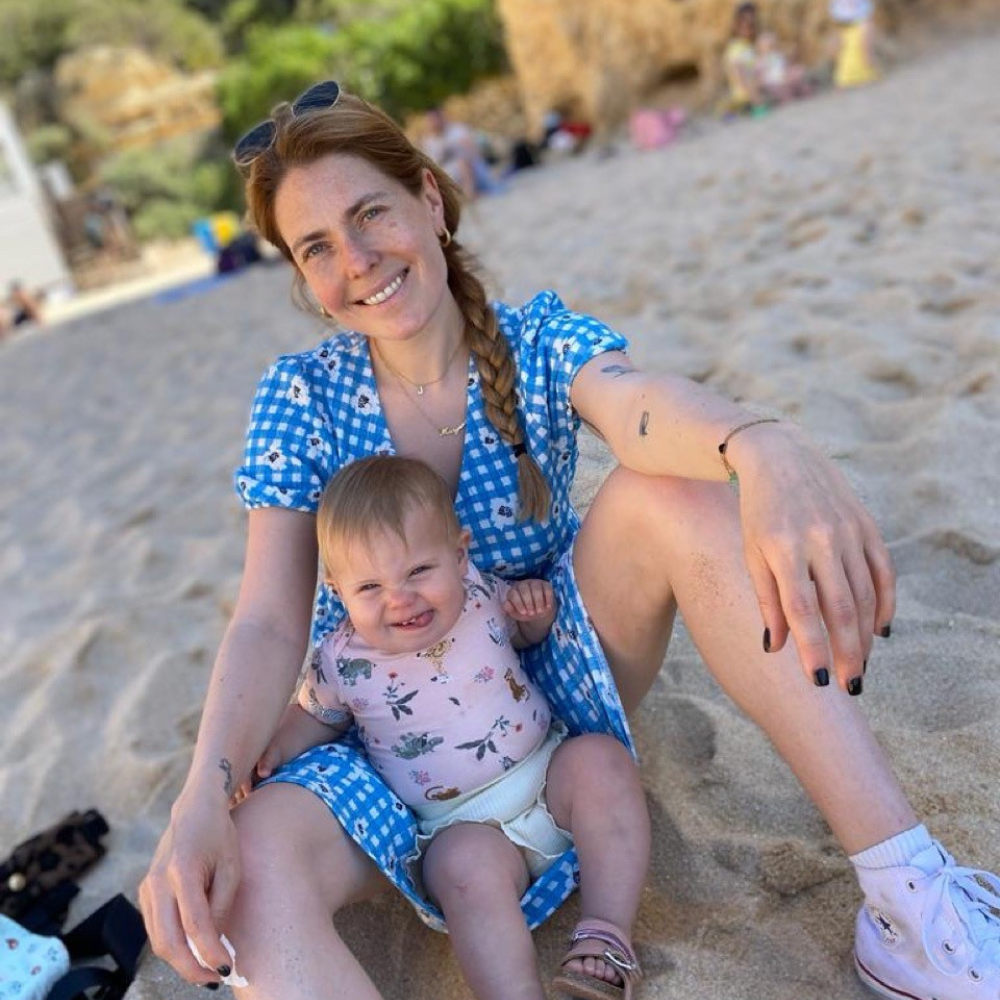Navigating the possibility of pregnancy can be exciting, nerve-wracking, and sometimes, even a bit puzzling. Amid the flurry of emotions and anticipation, understanding the early signs of pregnancy can be critical for women and their partners alike. As each woman’s body is unique, not everyone experiences the same symptoms. However, there are a few common signs that could hint at a new life blossoming within.
Here are the top 10 early signs of pregnancy:
- Missed Period:
The most apparent and common sign of pregnancy is a missed period. Once the embryo implants into the uterus, your body starts producing a hormone called human chorionic gonadotropin (hCG), which halts the monthly menstrual cycle.
- Tender, Swollen Breasts:
Due to hormone changes, your breasts might feel more sensitive, sore, or appear fuller or heavier. This change can occur as early as one to two weeks after conception.
- Fatigue:
Exhaustion or fatigue is another common early sign of pregnancy. Increased levels of the hormone progesterone combined with a drop in blood sugar, blood pressure, and a boost in blood production can make a pregnant woman feel tired or sleepy.
- Frequent Urination:
You may notice an increased urge to pee, which can start as early as six weeks into the pregnancy. This is caused by an increased amount of blood and fluid in the body, which leads to extra fluid processing through your kidneys and ending up in your bladder.
- Nausea or Vomiting:
Commonly known as ‘morning sickness,’ you may experience nausea or vomiting at any time of the day. While it often starts around the sixth week, it can begin as early as two weeks after conception.
- Changes in Taste and Smell:
A sudden aversion to certain foods, sensitivity to smells, or a metallic taste in the mouth can be early indicators. This is due to rapidly changing hormones.
- Light Spotting or Cramping:
Often mistaken for a light period, some women experience implantation bleeding — light spotting and cramping — when the fertilized egg attaches itself to the wall of the uterus. This usually occurs six to twelve days after conception.
- Mood Swings:
The flood of hormones in your body in early pregnancy can make you unusually emotional or weepy. Mood swings can be common and may also be influenced by factors like fatigue and metabolic changes.
- Constipation:
An increase in progesterone causes food to pass more slowly through your intestines, which can lead to constipation.
- Dizziness or Fainting:
Changes in blood vessels combined with the rush of hormones can cause your blood pressure to drop, making you feel a little lightheaded or dizzy.
Having symptoms, what now?
Remember, these symptoms can also be signs of other health conditions and don’t necessarily mean you’re pregnant. If you notice several of these signs and suspect you might be pregnant, taking a home pregnancy test would be the next step. These tests measure the level of HCG in your urine. For the most accurate results, it’s usually suggested to wait until the first day of your missed period before testing. If the test comes back positive, schedule an appointment with your healthcare provider to confirm the pregnancy.
Every pregnancy is unique, so don’t worry if your early signs differ from others. Some women might experience all of these symptoms, some only a few, while others might not notice any. Whatever the case, tuning in to these potential early signs of pregnancy can help prepare you for the journey that lies ahead.
Please note that I speak from personal experience. For substantiated information, i always recommend that you take a look at the World Health Organization.









